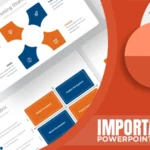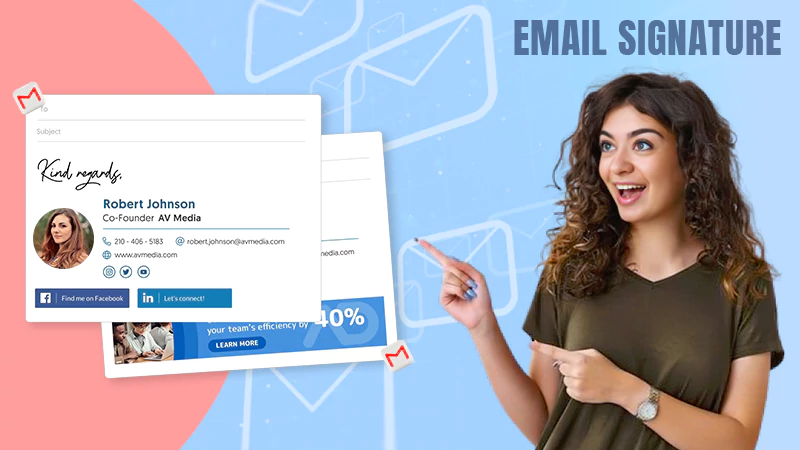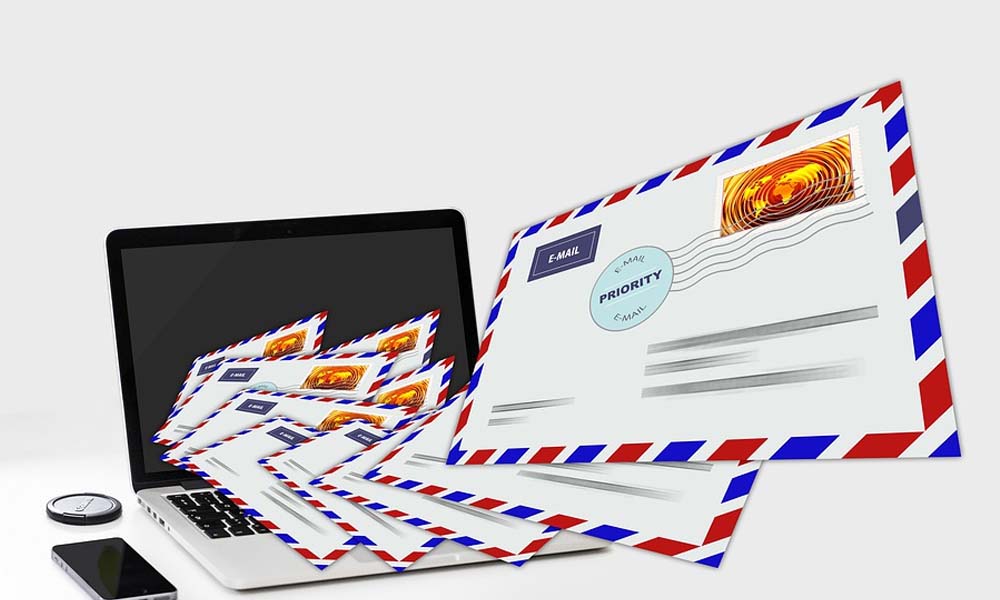
Are you one of those students who hate emailing professors? Well, don’t worry, you’re not alone. According to Henrique Bertulino, a writing expert at Studybay, many students find it difficult to email professors for a variety of reasons. Maybe they don’t know what to say or how to phrase their question. And no wonder that they’re often applying to professional writer online to get the idea of how to make it properly. Or maybe they’re worried that they’ll sound stupid or like they don’t know what they’re doing. Some students are so afraid of emailing professors that they think of some alternatives. For instance, if they have difficulties with their academic assignments, they try to get help online by using a specialized service.
Regardless of why you find it difficult to email your professor, there are a few tips that can help make the process simpler and less anxiety-provoking. So, if you’re ready to take the plunge and send an email to your professor, read on for some helpful advice!
Also Read: How Do You Email Technology News Editors
Make Sure You Really Need to Send That Email
Before you even start drafting your email, ask yourself if you really need to send it. Can the question wait until after class hours? Is there someone else who can answer your question, such as a teaching assistant? If the answer is yes to either of these questions, then you might want to hold off on emailing your professor. But if you really do need to email them, then go ahead and start writing!
Keep in mind that professors are usually very busy people, and they receive a lot of emails every day. Now let’s take a look at some specific tips for emailing your professor.
How Do You Start an Email to a Professor?
The first step is to figure out how to address the professor in an email. You can usually find this information on the syllabus or course website. For example, if you are emailing a professor at a university in the United States, you would typically address them as “Dr.” followed by their last name. If you are emailing a professor from another country, you might use a different title such as “Professor” or “Sir.” Once you have figured out the proper way to address your professor, you can start writing your email.
Remind Who You Are
When emailing for the first time, it’s always a good idea to remind your professor who you are. This can be as simple as listing your name and student ID number at the beginning of the email.
Hello Professor Smith,
My name is John Doe, and my student ID number is 12345678. I am in your math class this semester.
If there is any other information you think might be helpful (such as what section of the class you are in), feel free to include it in your email.
Use Your Academic Account
If you have an academic email account, use it! This email address is usually provided by your university, and it shows that you are a student at the school. It also creates a sense of professionalism and demonstrates that you are serious about your academics.
Write a Clear Subject Line
Make sure to write a clear subject line. For example, “Question about the midterm” or “Request for office hours.”
If you are emailing your professor about a specific assignment, it can be helpful to include the due date in the subject line. For example, “Paper due Monday” or “Project due Friday.”
Get Straight to the Point
As we mentioned before, your professor is probably very busy and receives a lot of emails every day. So, make sure to get straight to the point. This means being clear about what you are asking and not including any unnecessary information. For example, if you are emailing your professor about a problem you’re having with an assignment, don’t include the entire assignment in the email. Just include the parts that are relevant to your question.
If you need to include a lot of information or ask multiple questions, it’s usually best to break them up into separate emails.
Write in Complete Sentences
It’s important to write in complete sentences. This shows that you are taking the email seriously and it makes it easier for them to understand what you are asking. For example, “I was wondering if you could help me with the homework” is better than “Can u help me w the hw?”
If you need to include a lot of information in your email, it’s okay to use bullet points. Just make sure each point is clear and concise.
Specify What Action You Want the Professor to Take
Make sure to specify what action you want your professor to take.
- Do you need help with an assignment?
- Do you have a question about the course material?
- Are you requesting office hours?
Be very clear about what it is that you want and don’t leave any room for confusion. This will save both you and your professor time and energy.
Make Requests Politely
Even if you are emailing your professor about a problem you’re having, it’s important to make your requests politely. For example, “Could you please help me understand this concept?” is better than “I don’t get this, and I need your help.”
Remember, your professors are under no obligation to help you and they are doing you a favor by taking the time to respond to your email. So, it’s important to be respectful and appreciative in your correspondence.
Put Yourself in Your Professor’s Shoes
It can be helpful to put yourself in your professor’s shoes. Would you want to receive an email like the one you’re about to send? Is it clear, concise, and polite?
If not, take some time to revise your email before hitting send. Remember, first impressions are important.

Do Not Waste Your Professor’s Time
One of the most important things to remember when emailing your professors is not to waste their time. This means being respectful of their schedule and only emailing them with relevant questions or concerns.
For example, if you have a question about an assignment that is due in a few days, it’s best to wait until closer to the due date before contacting your professor. That way, they can reply to you quickly and you won’t have any unnecessary stress.
It’s also important not to email your professor for every little thing. If there is something you can figure out on your own, try to do so. This will save both you and your professor time and energy.
Do Not Email to Ask Basic Questions You Can Answer for Yourself
Another thing you should avoid emailing your professor about is basic questions that you could answer yourself. For example, if you’re confused about an assignment, first try to read the instructions more carefully or ask a classmate for help.
If you still can’t figure it out, then email your professor and explain what part you’re having trouble with. This shows that you’ve made an effort to understand the material on your own and it’s more likely that your professor will be able to help you quickly.
Do Not Make Demands
When emailing your professor, it’s important to avoid making demands. For example, don’t email them saying “I need you to respond to my email within 24 hours.”
This is not only rude but it’s unrealistic. Your professor is likely juggling many different responsibilities and they will get back to you as soon as they can.
Instead, try something like “I was wondering if I could get your feedback on my essay by Friday.”
Do Not Email to Explain Why You Missed Class
One of the most common email mistakes students make is emailing their professor to explain why they missed class. Unless there was a legitimate emergency, your professor does not need to know why you were absent.
If you missed an important lecture or announcement, try checking the course website or syllabus first. If you still can’t find what you’re looking for, then email your professor and politely ask for clarification.
End an Email Politely and Include a Professional Signature
It’s important to end the email politely and include a professional signature. For example, you might say “Sincerely, Your Name” or “Best, Your Name.”
Proofread Your Email for Grammar and Spelling Mistakes
Before sending your email, it’s important to proofread it for any grammar or spelling mistakes. Your professor will appreciate getting a well-written email and it shows that you’re taking the time to communicate clearly.
Although it may seem daunting at first, taking the time to learn how to write professional emails will pay off in dividends as you continue through your education and into your career. Remember, always be respectful of your professors and other professionals by using a clear, concise, and polite tone in all of your written communications.
















